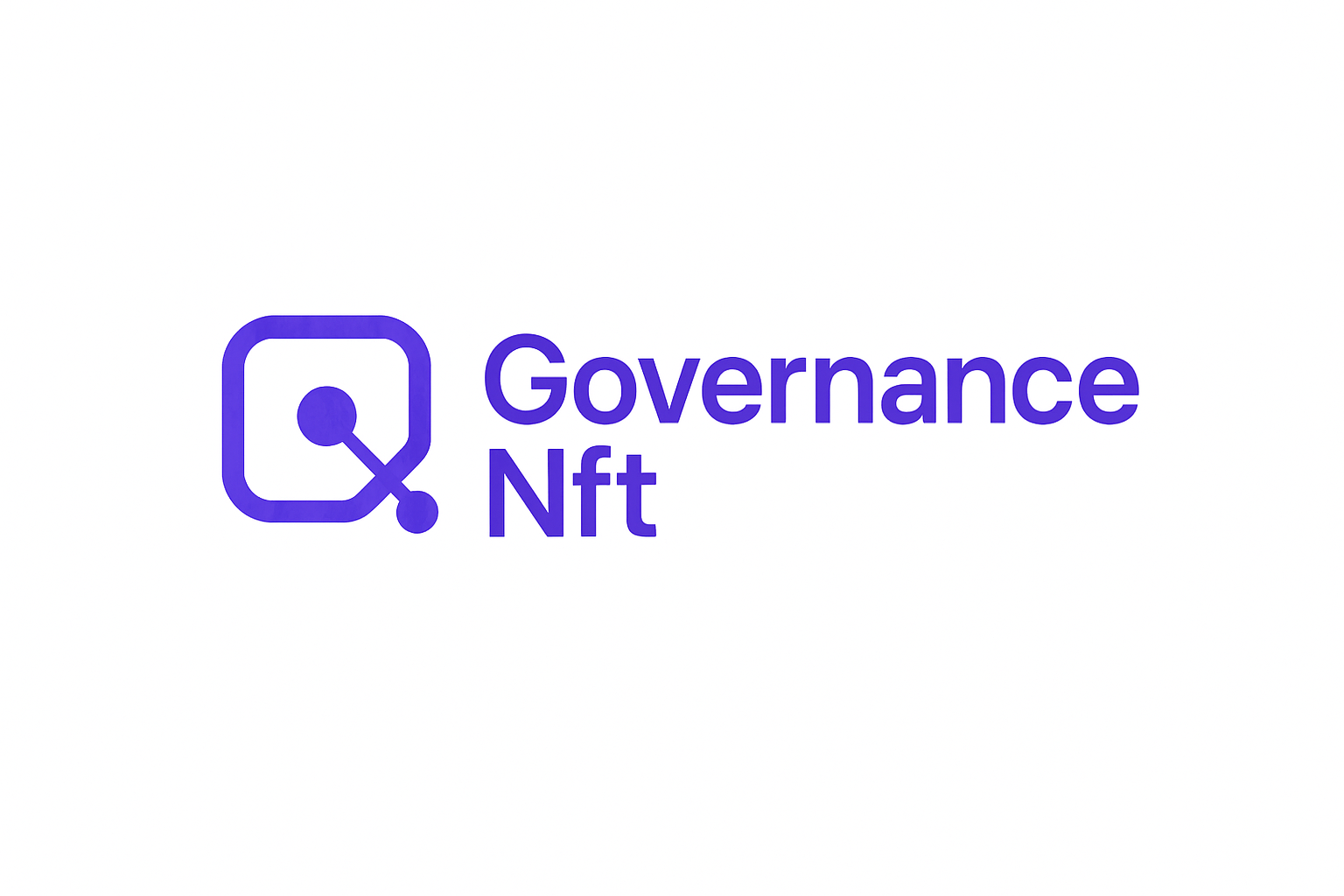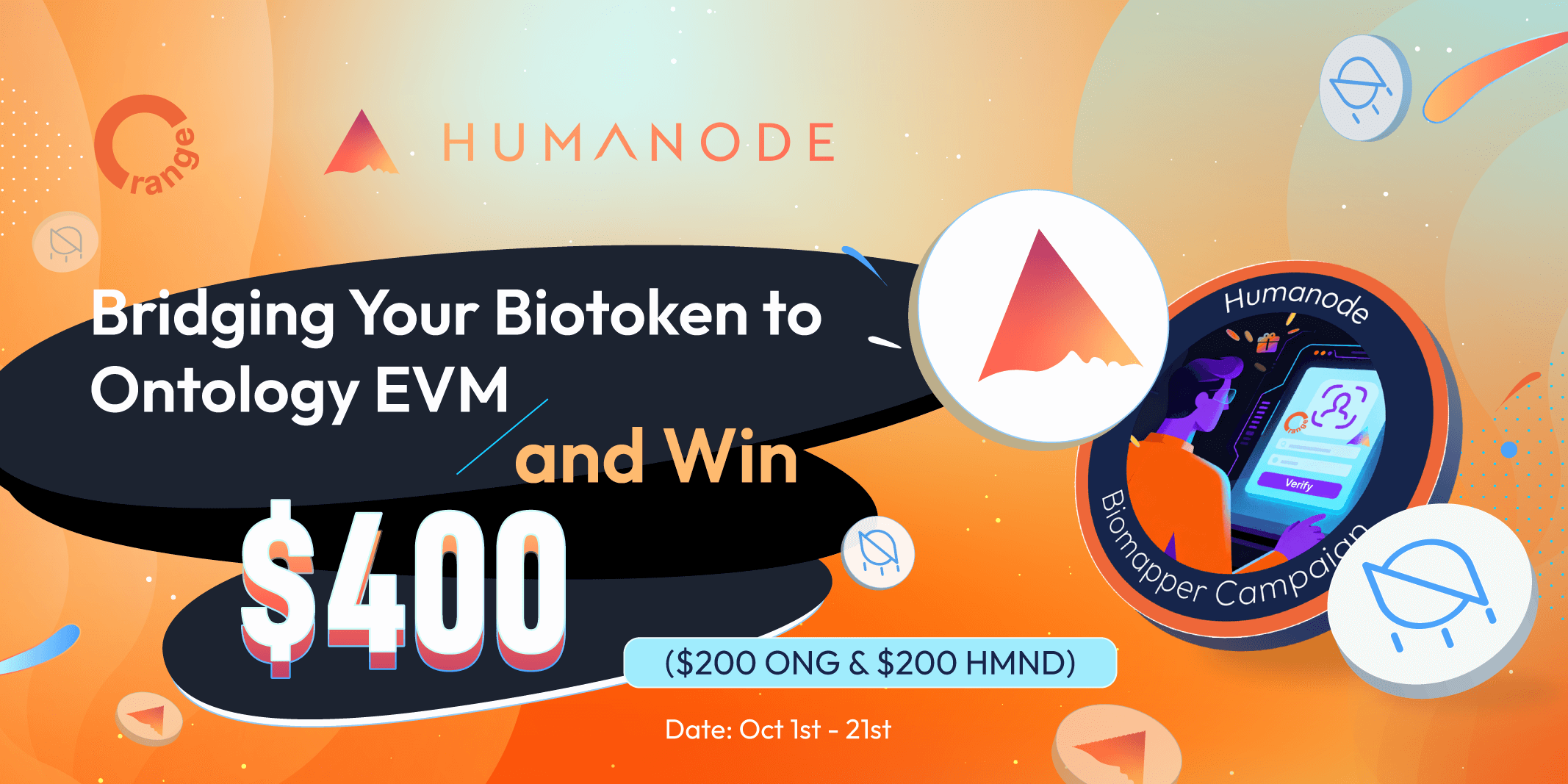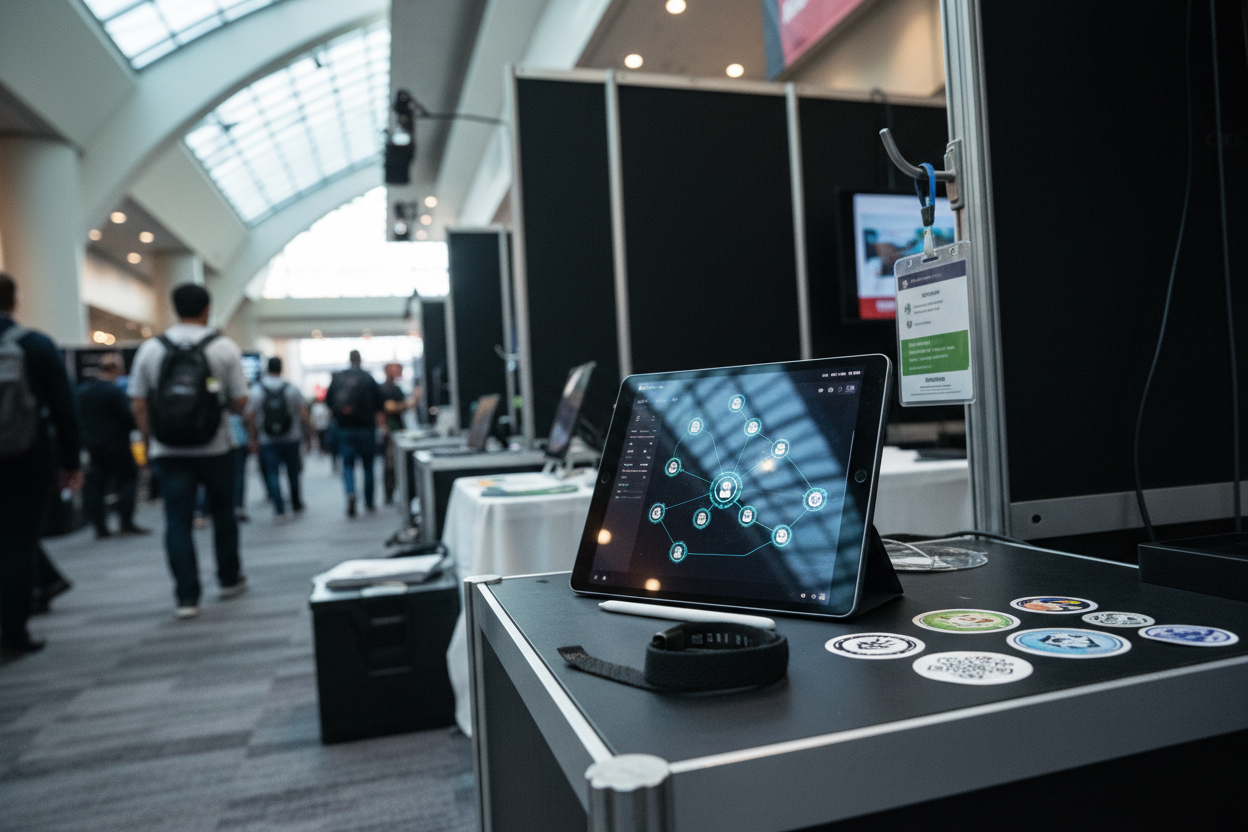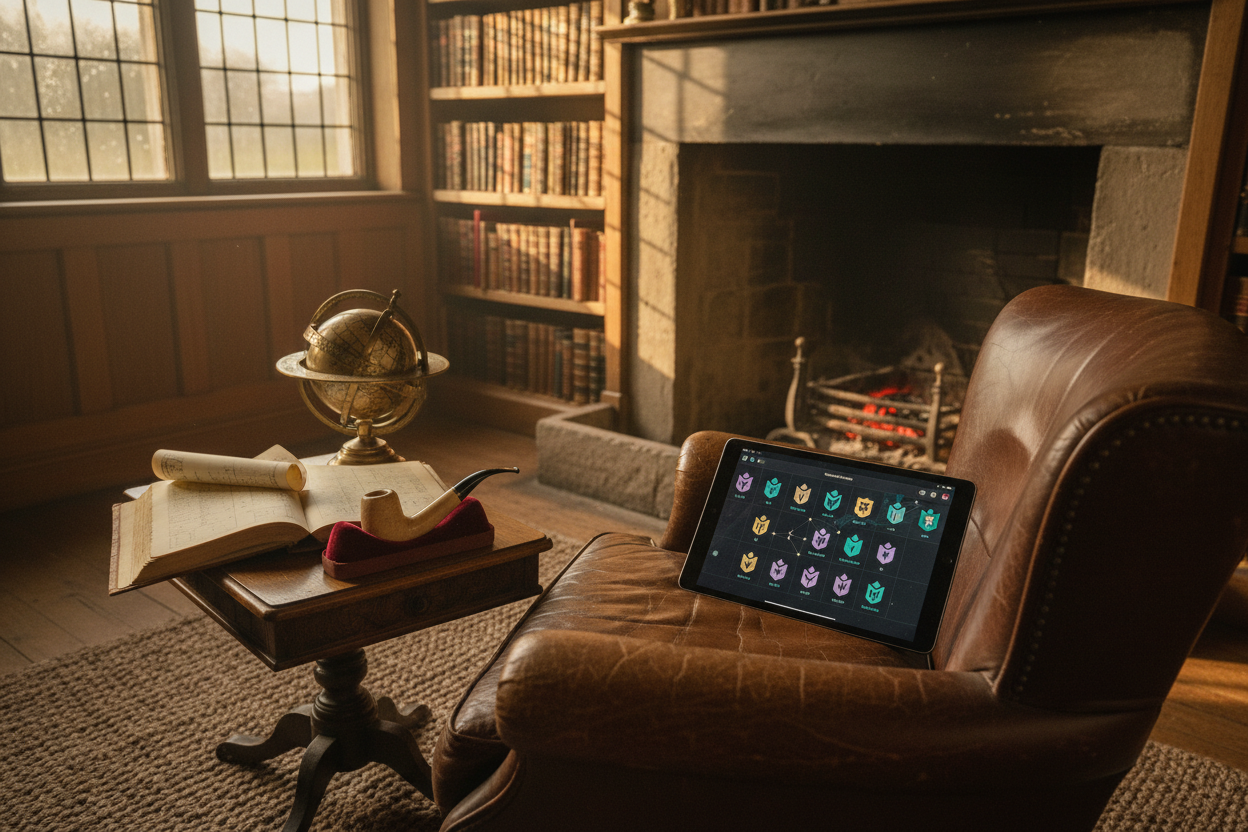
DAO voting has always promised open, trustless governance, but in reality, the threat of Sybil attacks – where a single actor floods the system with fake identities to sway votes – has been a stubborn stain on decentralized legitimacy. As DAOs scale and treasuries grow, the stakes for manipulation have never been higher. Enter Proof of Personhood (PoP) and Zero-Knowledge Proofs (ZKPs): two innovations now converging to deliver fairer, more private DAO voting than ever before.

Why Sybil Resistance Matters for DAOs
The core promise of DAOs is that every member gets a say. But without robust Sybil resistance, this ideal crumbles. If one person can create dozens or thousands of wallets to vote multiple times, it undermines every proposal and opens the door for plutocracy or outright fraud. This isn’t theoretical: countless DAOs have faced attacks where whales or bots snap up governance tokens on the cheap, then swing decisions in their favor.
Recent research highlights how PoP mechanisms are now being adopted by leading organizations to ensure each voter is a unique human being. The result? Fairer outcomes and renewed trust in decentralized governance.
The Mechanics: How Proof of Personhood Works
Proof of Personhood (PoP) protocols authenticate real individuals while safeguarding privacy and security. The basic idea is simple but powerful: every participant must prove they are one unique human – not an army of bots or sock puppets. But how?
Top 5 Ways PoP Protocols Verify Unique Humans in DAOs
-
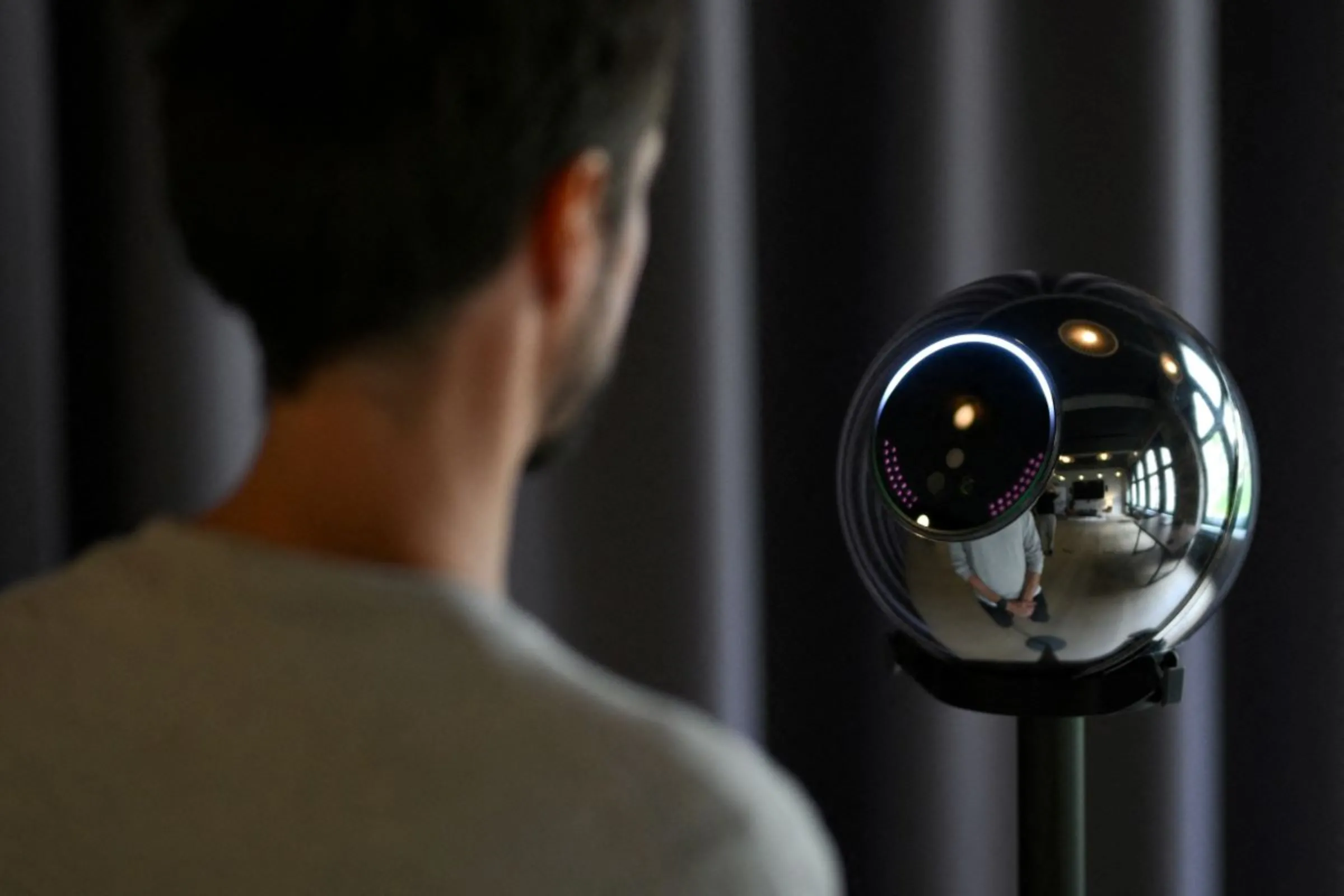
Biometric Verification: Many PoP protocols, like Worldcoin, use biometric data (such as iris or facial scans) to ensure each participant is a unique human. This method is highly Sybil-resistant and increasingly adopted for DAO governance.
-
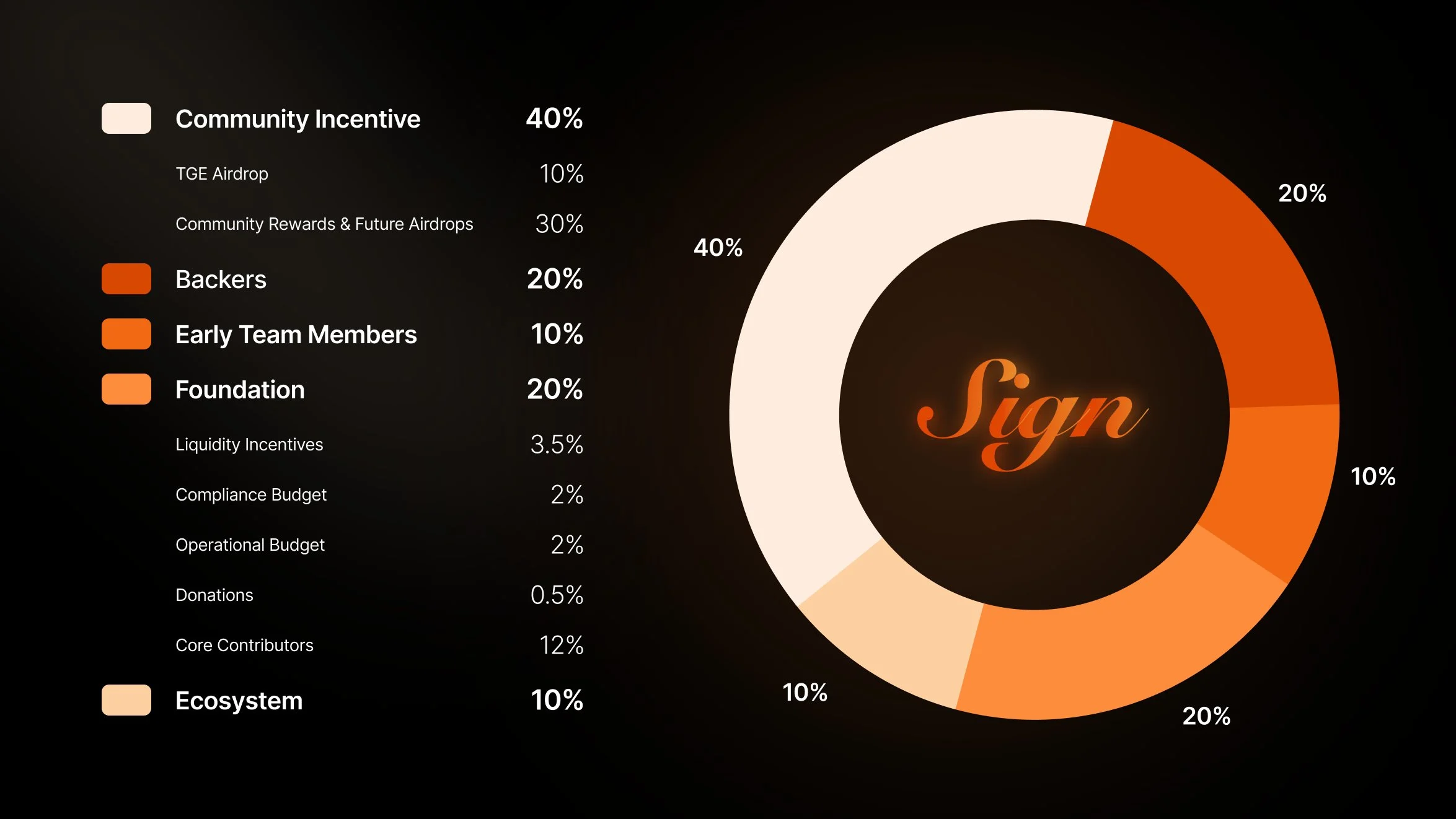
Social Attestations: Protocols like Orange Protocol leverage attestations from multiple Web2 platforms (e.g., X, Discord, GitHub) to confirm a user’s unique identity, making it difficult to create multiple fake accounts.
-

Zero-Knowledge Proofs (ZKPs): Solutions such as Humanode and zk-SNARKs enable users to prove their personhood and eligibility without revealing personal information, protecting privacy while ensuring Sybil resistance.
-
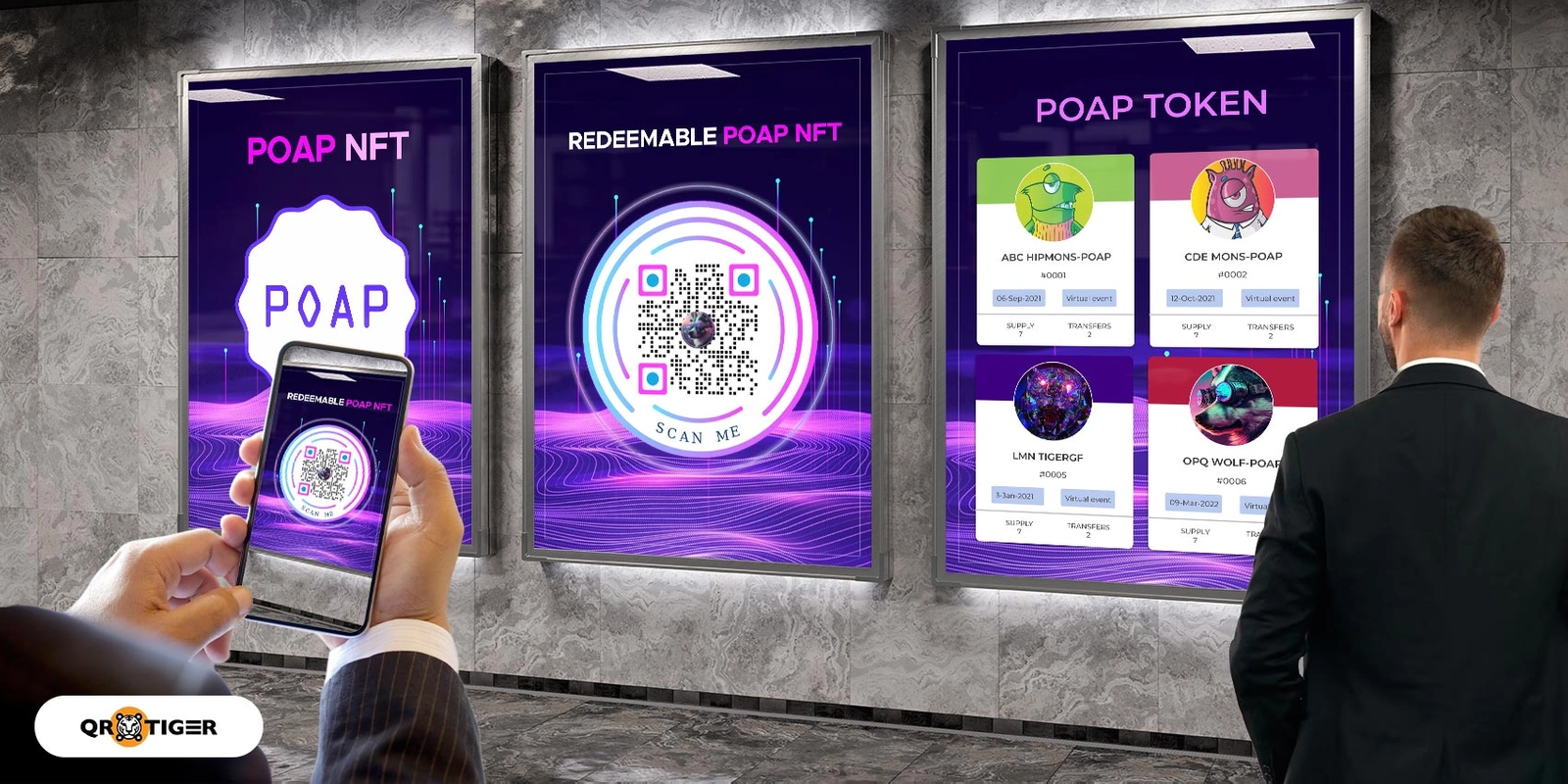
Unique Event Participation: Some PoP systems, like POAP (Proof of Attendance Protocol), issue unique digital badges to participants of specific events, verifying that each attendee is a real, unique human.
-
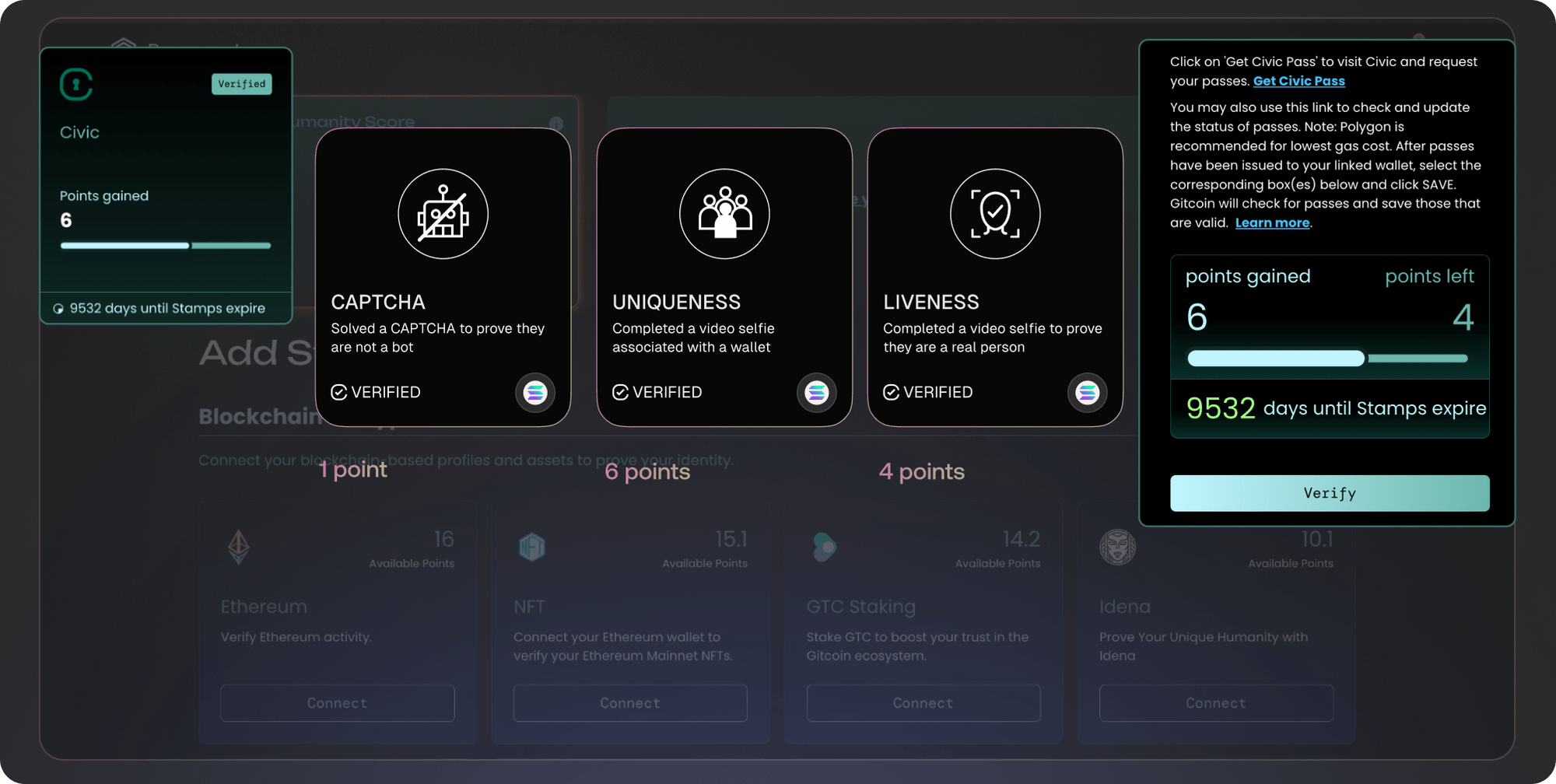
Decentralized Identity (DID) Frameworks: Projects such as Civic and Polkadot’s Identity System use decentralized identifiers and verifiable credentials to authenticate users, ensuring that each DAO member has a single, unique identity.
The most promising approaches include biometric scans, decentralized AI detection (like Humanode), social graph attestations, and even in-person verification events. Polkadot’s new PoP identity system is already making waves by letting users confirm their humanity across Web3 platforms without revealing sensitive data.
This is huge for DAOs aiming to issue NFT governance badges. With PoP-backed badges, you can be sure each badge represents one real contributor – not just another wallet spun up by an attacker.
Zero-Knowledge Proofs: Privacy Without Compromise
If PoP solves the “who” problem, Zero-Knowledge Proofs (ZKPs) tackle the “how” – as in, how do we let people prove eligibility or cast votes without exposing their identity or choices? ZKPs like zk-SNARKs make this possible by letting someone prove they meet criteria (such as being a verified DAO member) without sharing any personal details.
This cryptographic breakthrough means you can have both Sybil-resistant voting and true privacy. No more doxxing your wallet address or risking retaliation for unpopular votes! Projects like Kite Protocol are already leveraging ZKPs so members can delegate voting power privately; even delegates don’t know who delegated to them. Meanwhile, ElectAnon enables robust ranked-choice voting with complete anonymity.
Together, PoP and ZKPs are rapidly becoming the gold standard for decentralized voting identity verification. They empower DAOs to issue NFT badges as proof of participation while ensuring that each vote is legitimate, private, and tamper-proof.
For DAOs, the synergy between proof of personhood in DAOs and zero-knowledge proofs governance is more than just technical wizardry. It’s a cultural reset. We’re not only hardening the rails against Sybil attacks, but also restoring the original vision of decentralized democracy: one real person, one real voice, with privacy intact. The days of whales quietly amassing voting power via sock puppet wallets are numbered.
The Real-World Impact: DAOs Get More Legitimate
Let’s get practical. What does all this mean for actual decentralized organizations? First, it means that contributors can finally earn NFT governance badges that are verifiably linked to their unique identity, without leaking personal info or risking their safety. These badges become more than just digital trophies; they’re trusted credentials that unlock voting rights and signal true participation across multiple DAOs.
This is a game-changer for DAO Sybil attack prevention. Instead of endless debates over snapshotting wallet balances or complex quadratic voting schemes, DAOs can now anchor their systems in cryptographically enforced fairness. Proposals pass or fail based on the will of actual humans, not on whoever scripts up the most bots overnight.
How PoP and ZKPs Are Transforming DAO Voting
-
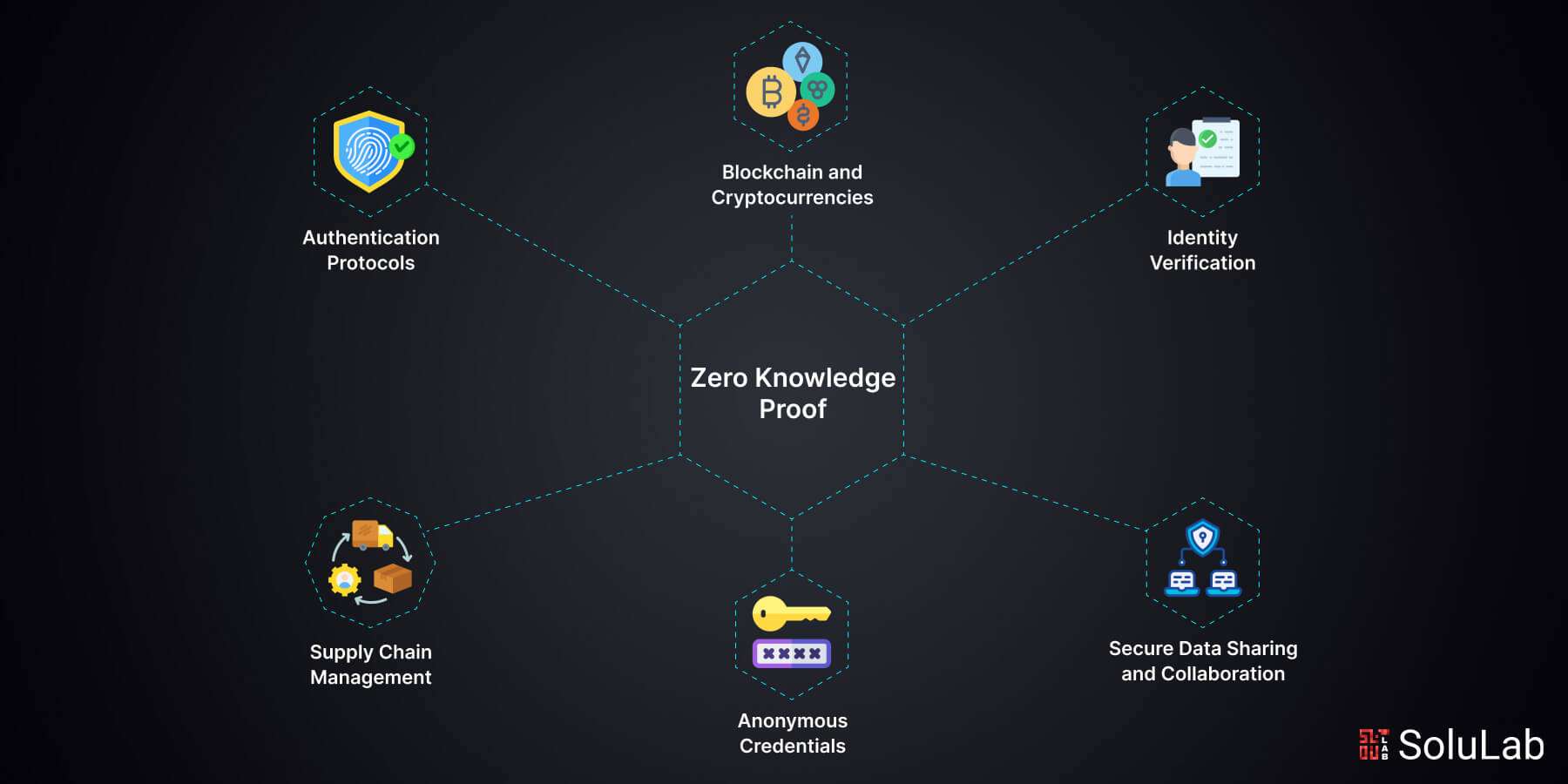
2. Private, Verifiable Voting via Zero-Knowledge Proofs: Projects such as ElectAnon and Kite protocol use zk-SNARKs to let members prove their eligibility and vote anonymously. This keeps votes private while ensuring only legitimate votes are counted.
-
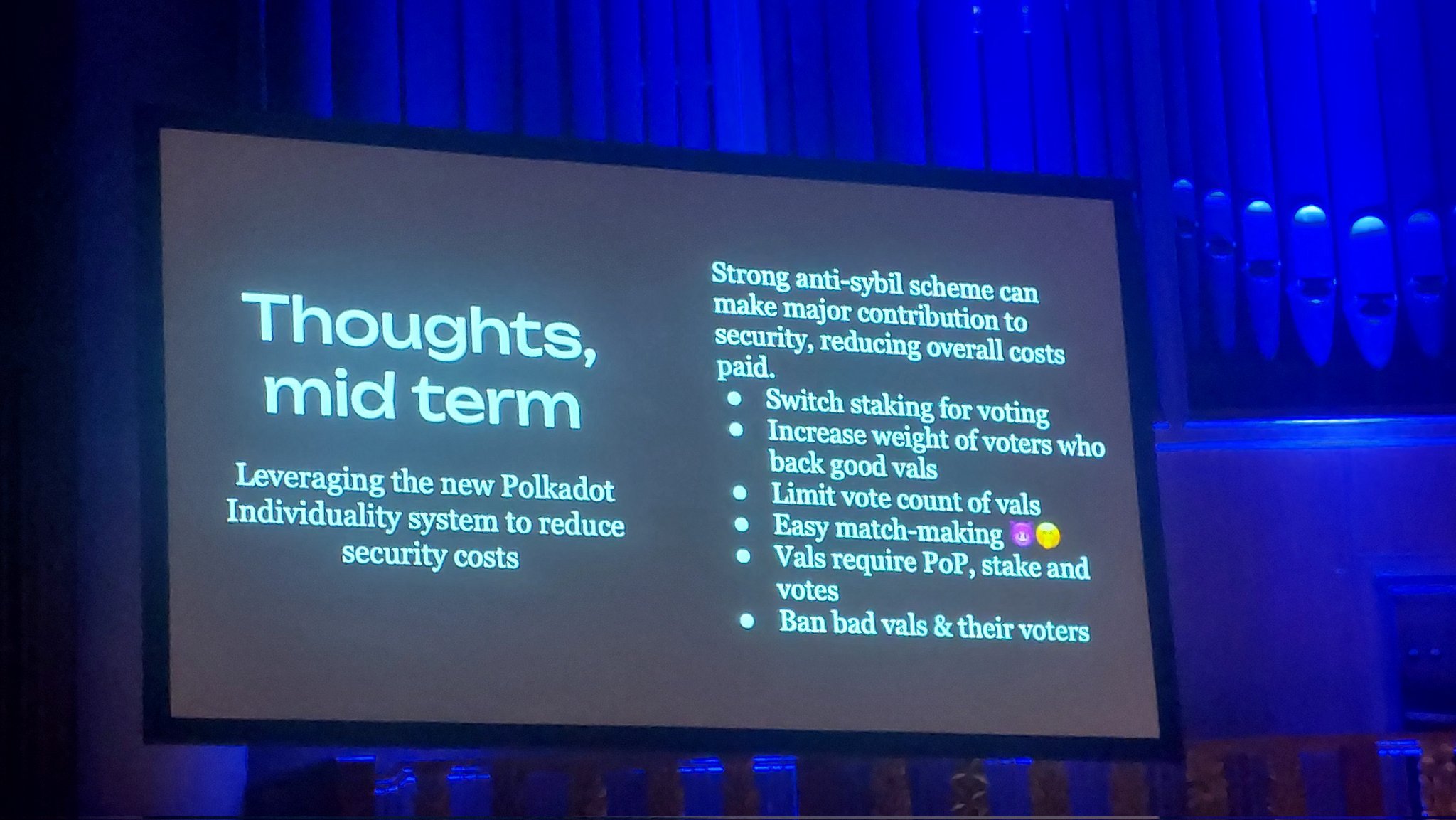
3. Fairer Voting Power With One-Person-One-Vote: By tying voting rights to verified human identities, DAOs like those on Polkadot can assign equal voting power to each participant. This levels the playing field, preventing whales from dominating governance.
-
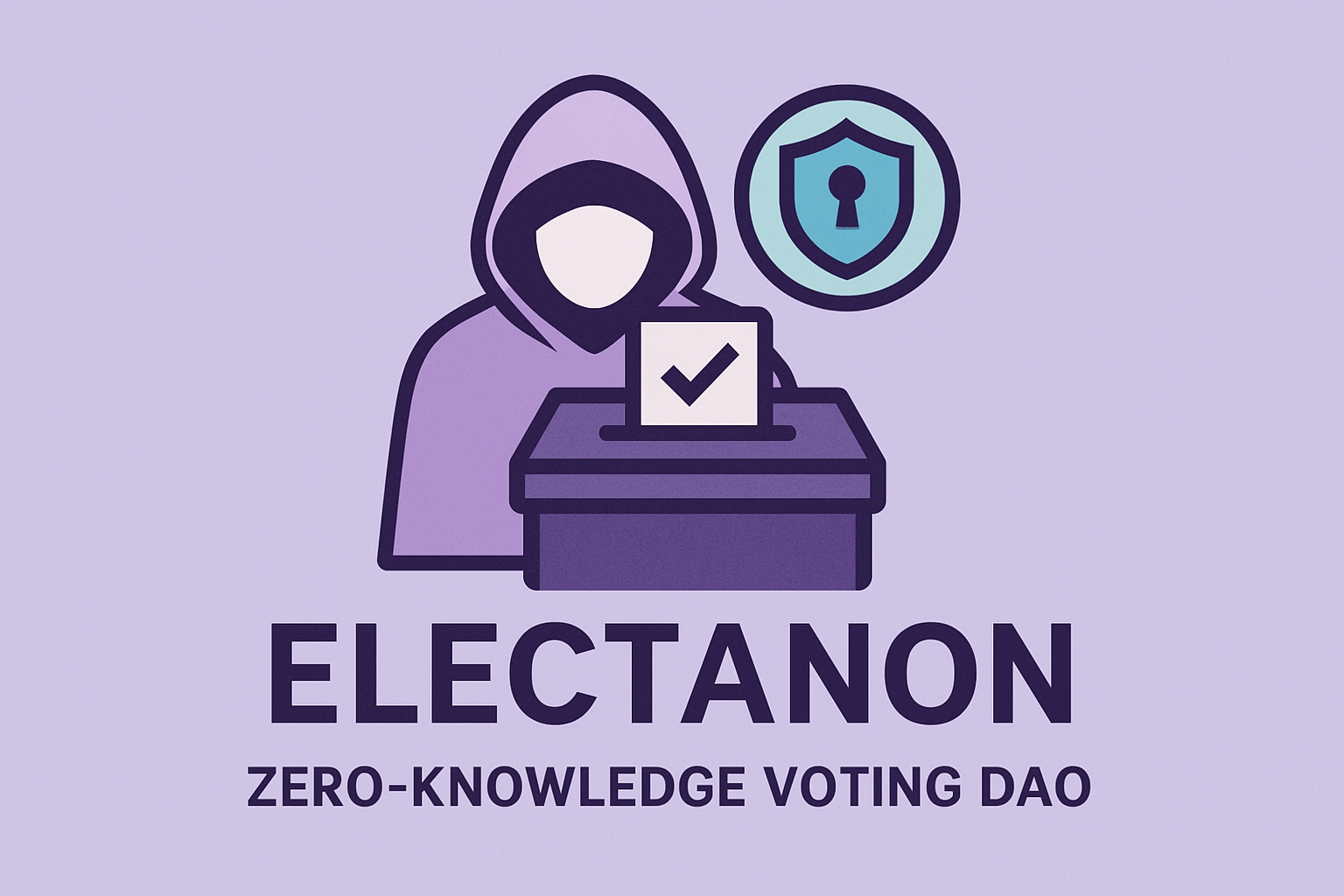
4. Preventing Vote-Buying and Coercion: Zero-knowledge voting systems make it impossible to prove how you voted, which blocks vote-buying and coercion. DAOs using protocols like ElectAnon can ensure members vote freely, without outside pressure.
It’s not just about stopping bad actors either. By making voting fairer and more transparent, these tools boost member engagement. People are more likely to participate when they know their vote actually counts, and when they don’t have to worry about privacy leaks or retaliation for unpopular opinions.
What’s Next? Composable Identity and Cross-DAO Collaboration
The next frontier is composable identity, where your PoP-verified status and NFT badges travel with you across ecosystems. Imagine joining a new DAO and instantly proving you’re a unique human with a record of meaningful contributions elsewhere. This kind of interoperability supercharges collaboration between projects and makes it easier for quality contributors to build reputation capital in Web3.
The tech isn’t standing still either. Projects like Orange Protocol are experimenting with multi-source social zkTLS proofs, letting DAOs require members to hold attestations from various platforms (think Discord, X/Twitter) before voting access is granted (source). Meanwhile, decentralized AI human detection continues to reduce friction during onboarding, no more clunky KYC forms or third-party gatekeepers.
Why It Matters for DAO Builders and Members
If you’re building or participating in a DAO today, ignoring proof-of-personhood and ZKPs isn’t an option anymore, it’s table stakes for legitimacy. These technologies don’t just protect against manipulation; they create space for real community-driven innovation by leveling the playing field.
The future of decentralized governance hinges on trustless identity verification and privacy-first participation. With PoP protocols and zero-knowledge proofs now maturing fast, we’re finally seeing DAOs live up to their radical promise: open yet secure decision-making where every voice matters, and every vote is counted fairly.
